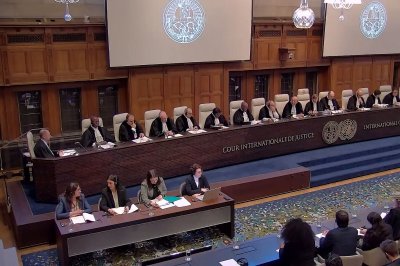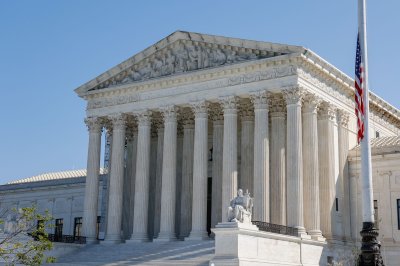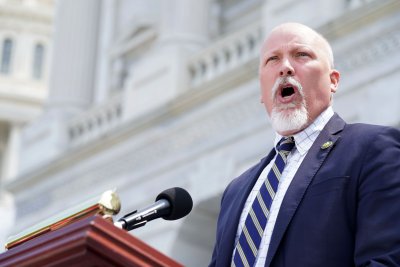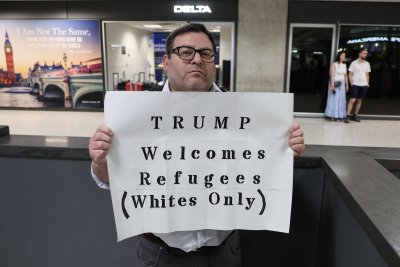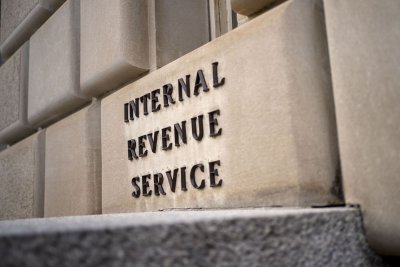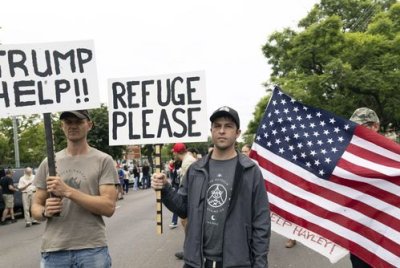U.S. hits Indian travel agencies facilitating illegal migration with visa bans
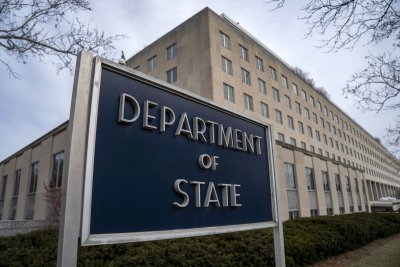
May 20 (UPI) — The Trump administration is imposing visa restrictions on India-based travel agencies and their owners for facilitating illegal migration to the United States.
The State Department announced the punitive measure Monday amid a Trump administration crackdown on immigration, saying it was banning entry to owners, executives and senior officials of Indian travel agencies who knowingly facilitate illegal migration.
Specifics of who and what firms were targeted were not disclosed, but the State Department said its Consular Affairs and Diplomatic Security Services mission in India was working to identify those involved in human smuggling and trafficking operations.
“We will continue to take steps to impose visa restrictions against owners, executives and senior officials of travel agencies to cut off alien smuggling networks,” State Department spokesperson Tammy Bruce said in a statement.
“Our immigration policy aims not only to inform foreign nationals about the dangers of illegal immigration to the United States but also to hold accountable individuals who violate our laws, including facilitators of illegal immigration.”
Under the previous Biden administration, the State Department announced a policy in July that prohibited entry to executives of travel agencies and tour operators offering services to bring migrants into the United States illegally.
It was one of several actions the Biden administration took to curb illegal migration amid criticism during a surge in migrants entering the country following the end of pandemic-era restrictions.
The Biden administration in November 2023 first implemented a policy to target Nicaraguan charter flight companies, which was late superseded by another policy that included ground and maritime transportation firms.
The Biden administration also imposed a policy to bar visa issuance to Colombian transportation companies executives and owners.
Then in March, the Trump administration announced a further expansion to the policy to ban entry to foreign government officials facilitating irregular migration by failing to enforce immigration laws or policies.
UPI has contacted the State Department for comment.
Since President Donald Trump‘s inauguration in January, the White House has conducted a crackdown on both legal and illegal immigration that includes mass deportation efforts, which have been challenged in court.

